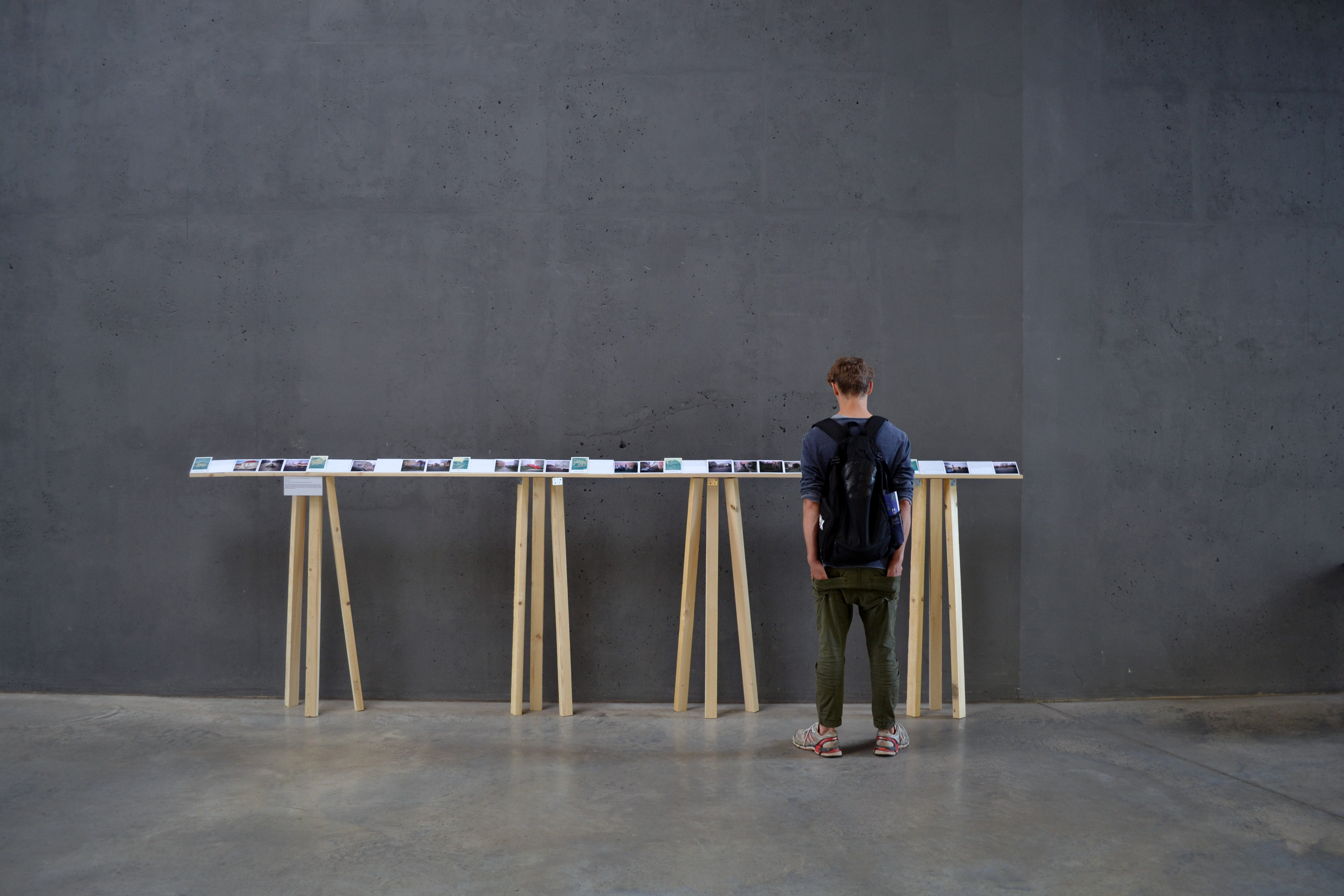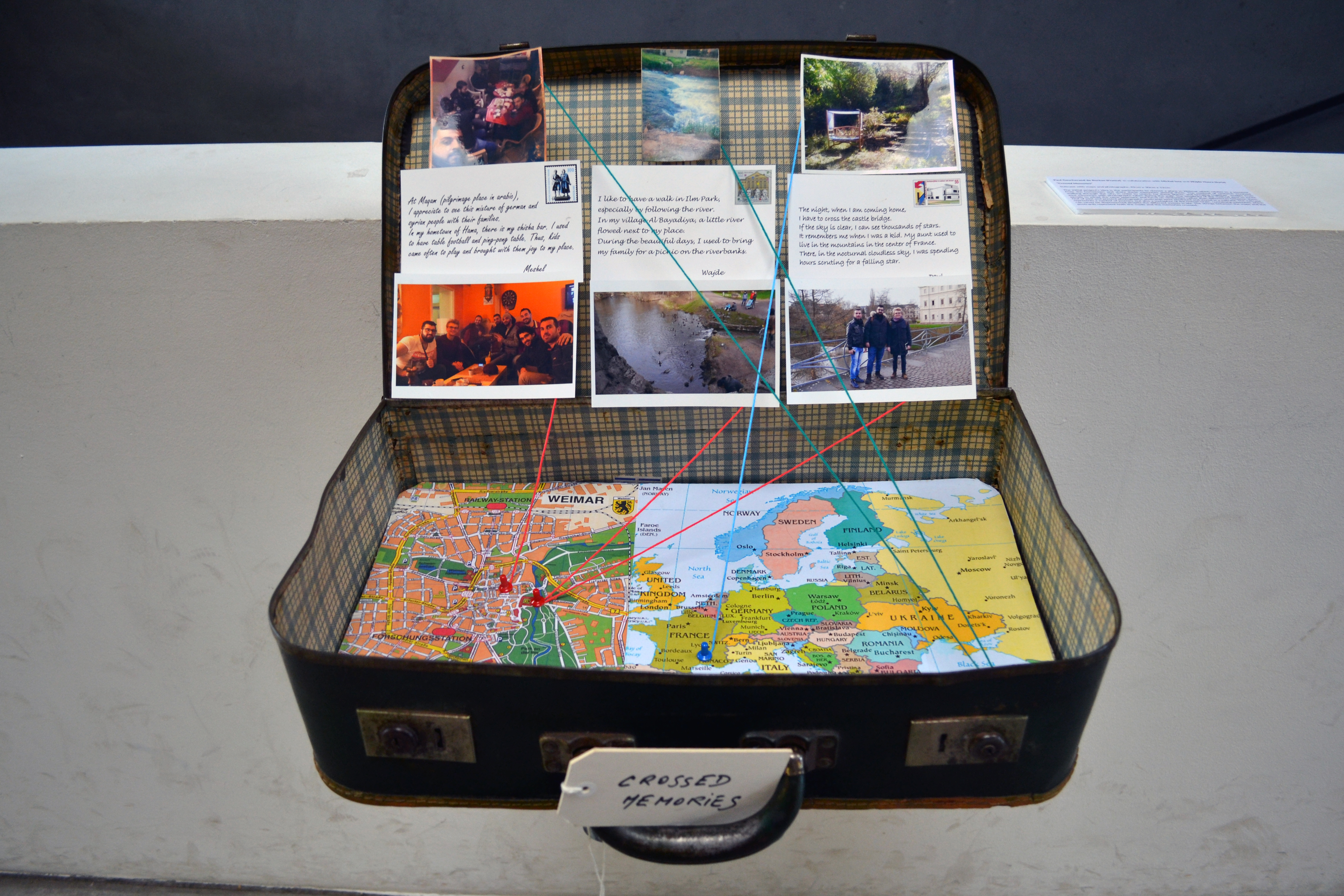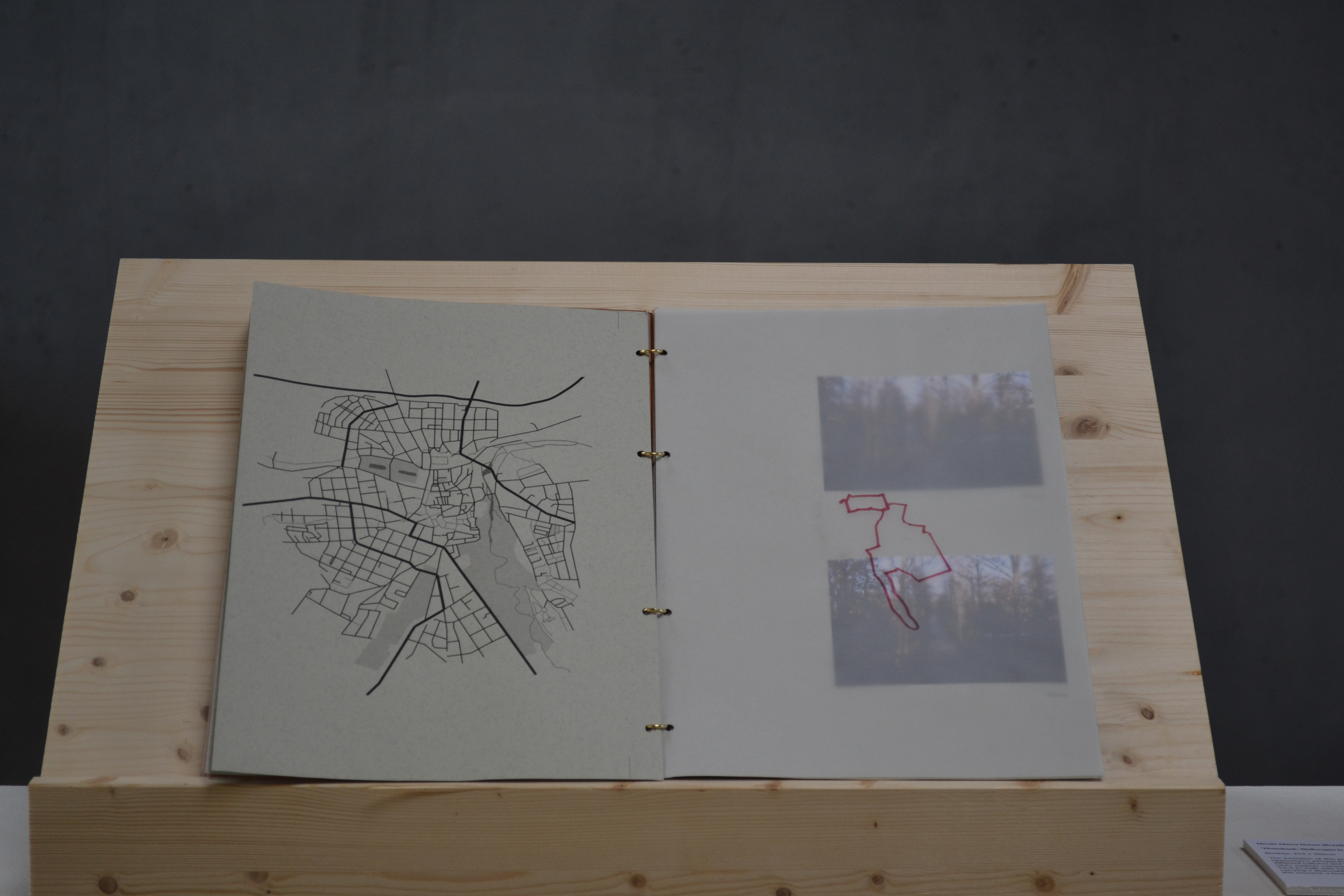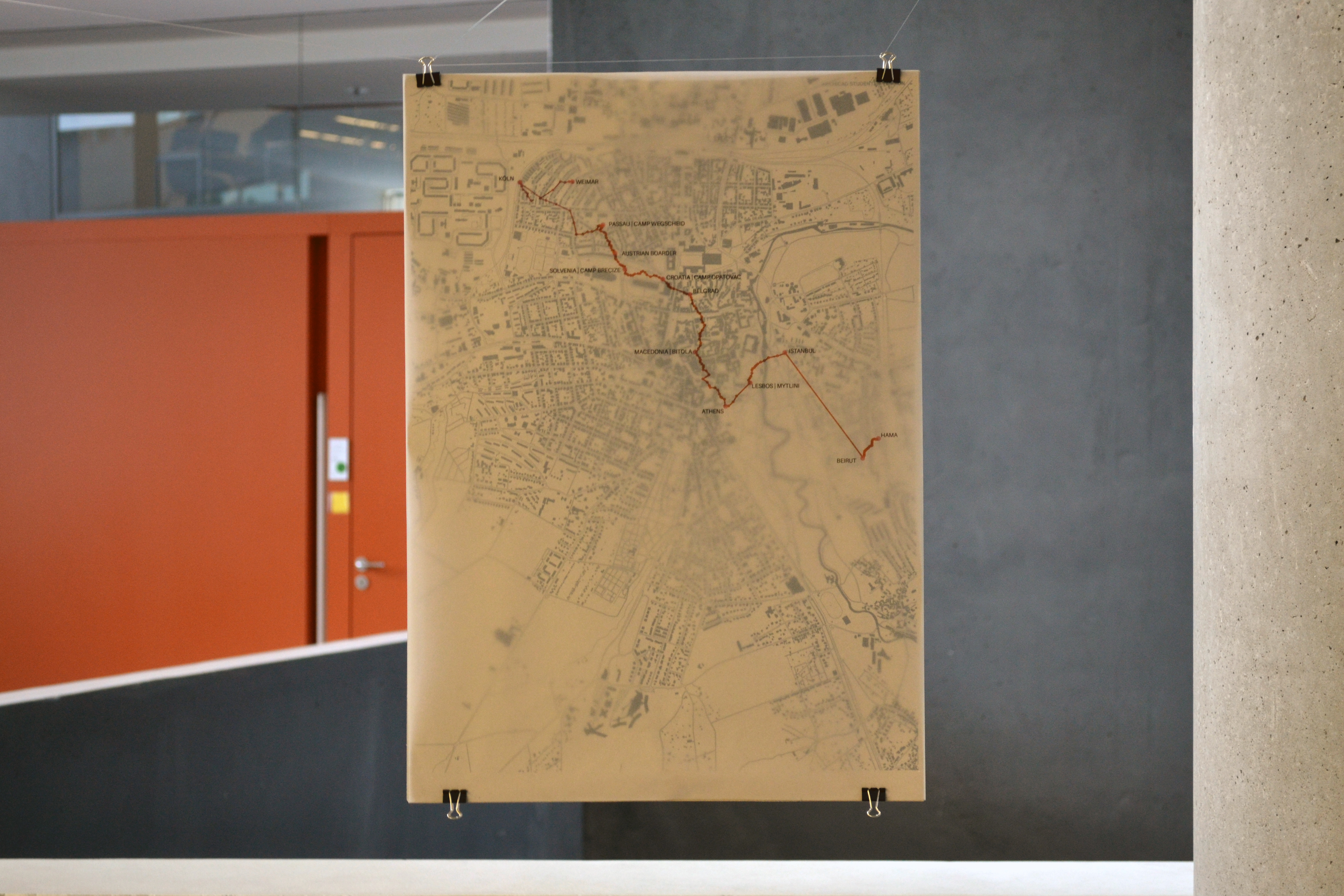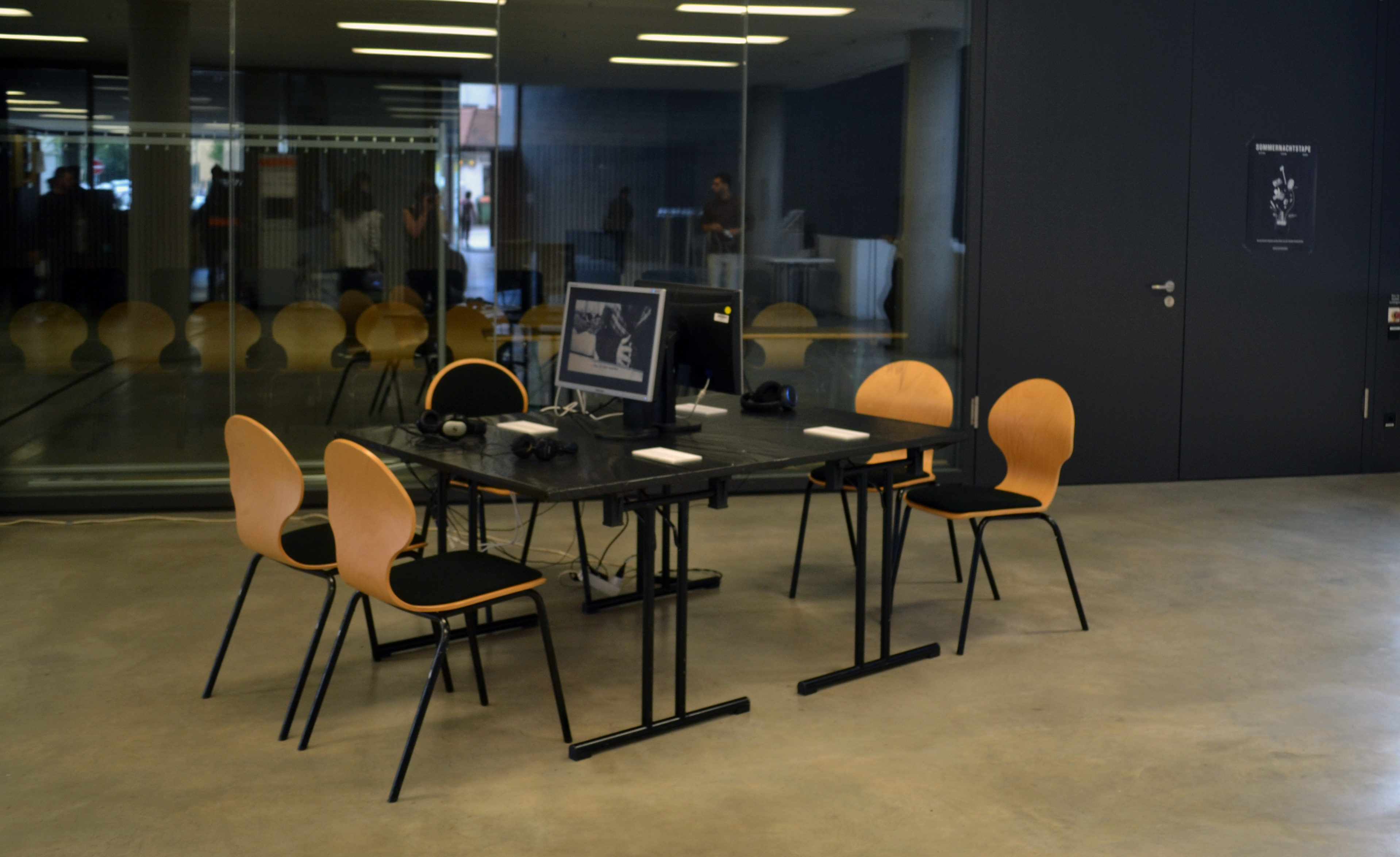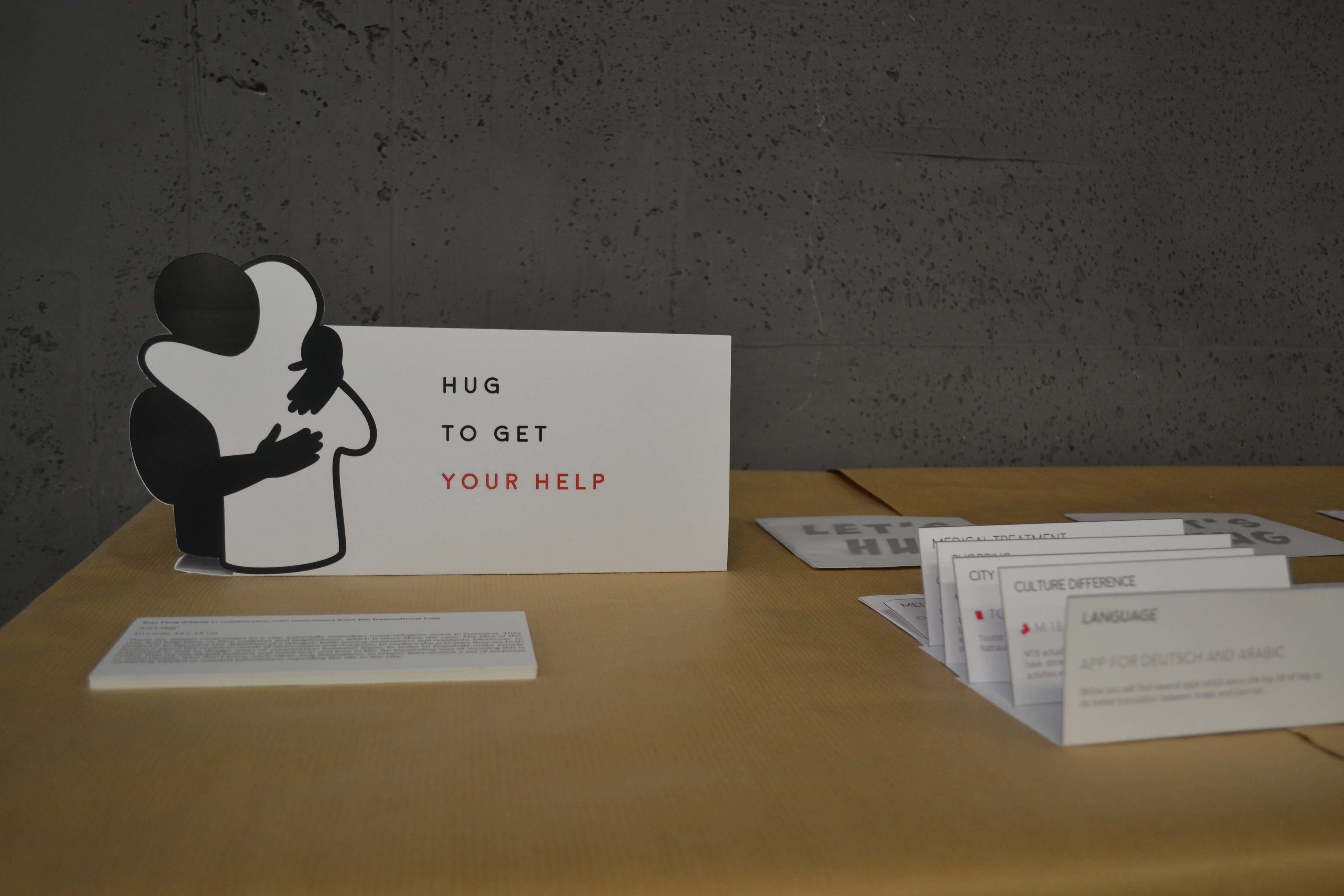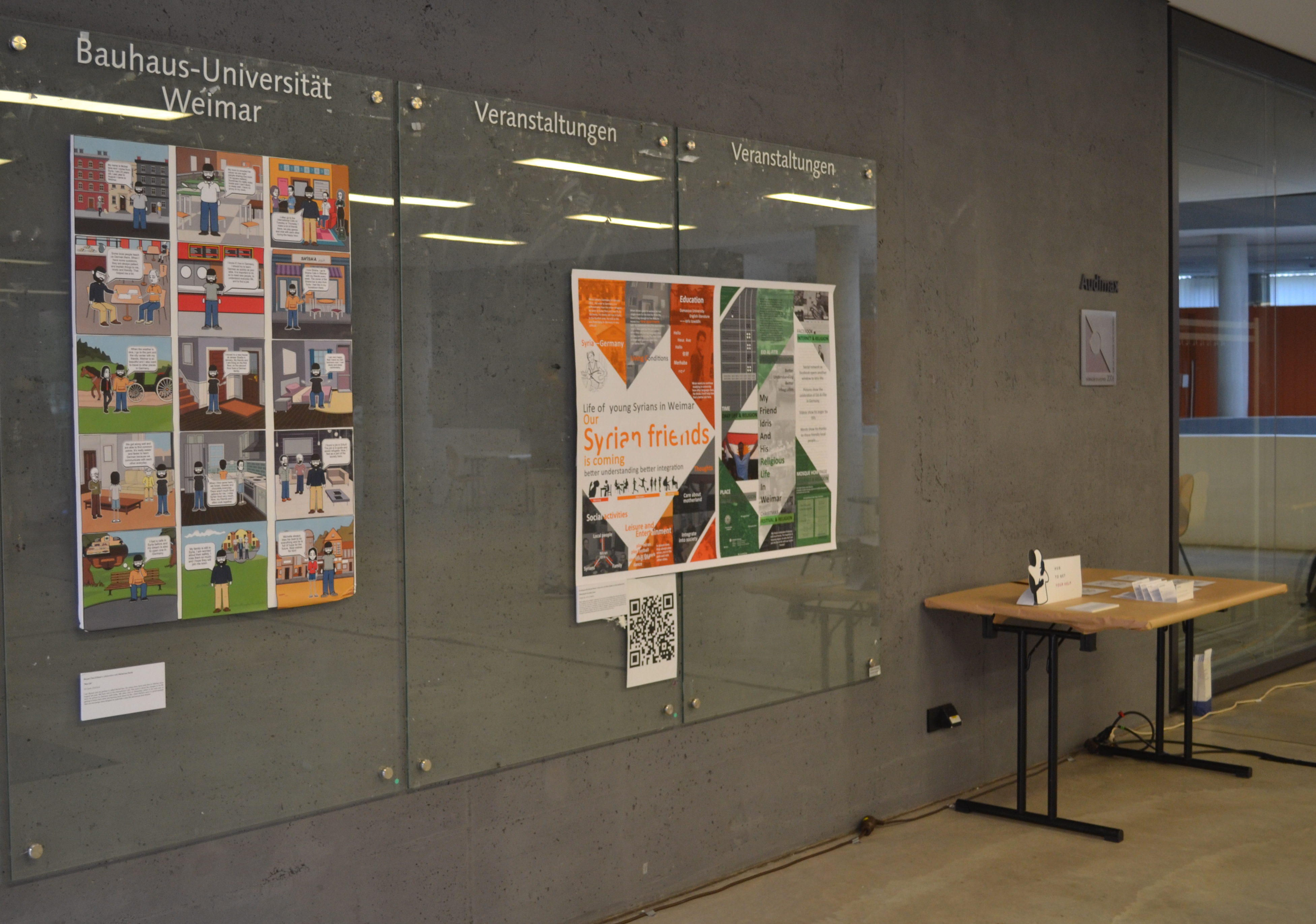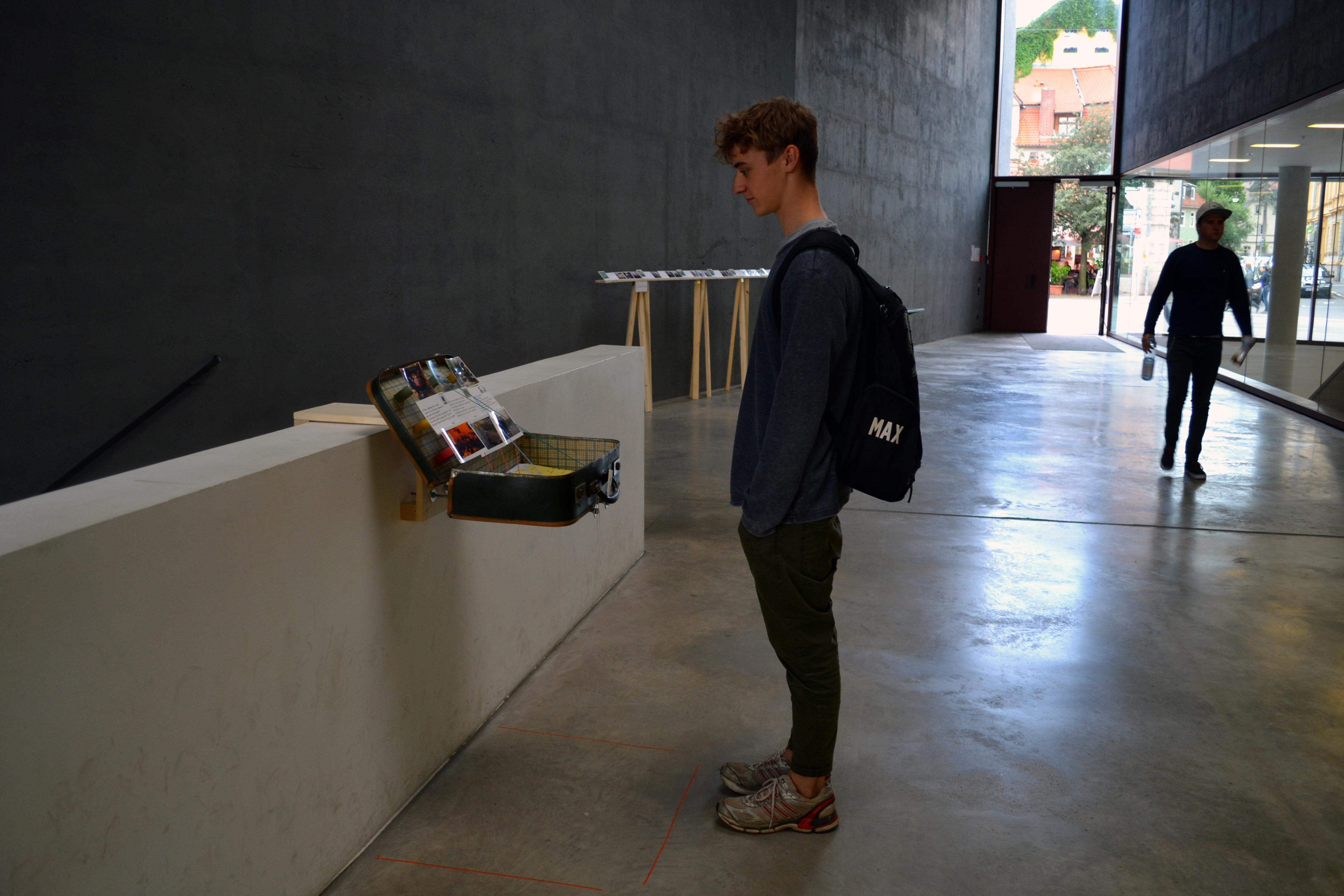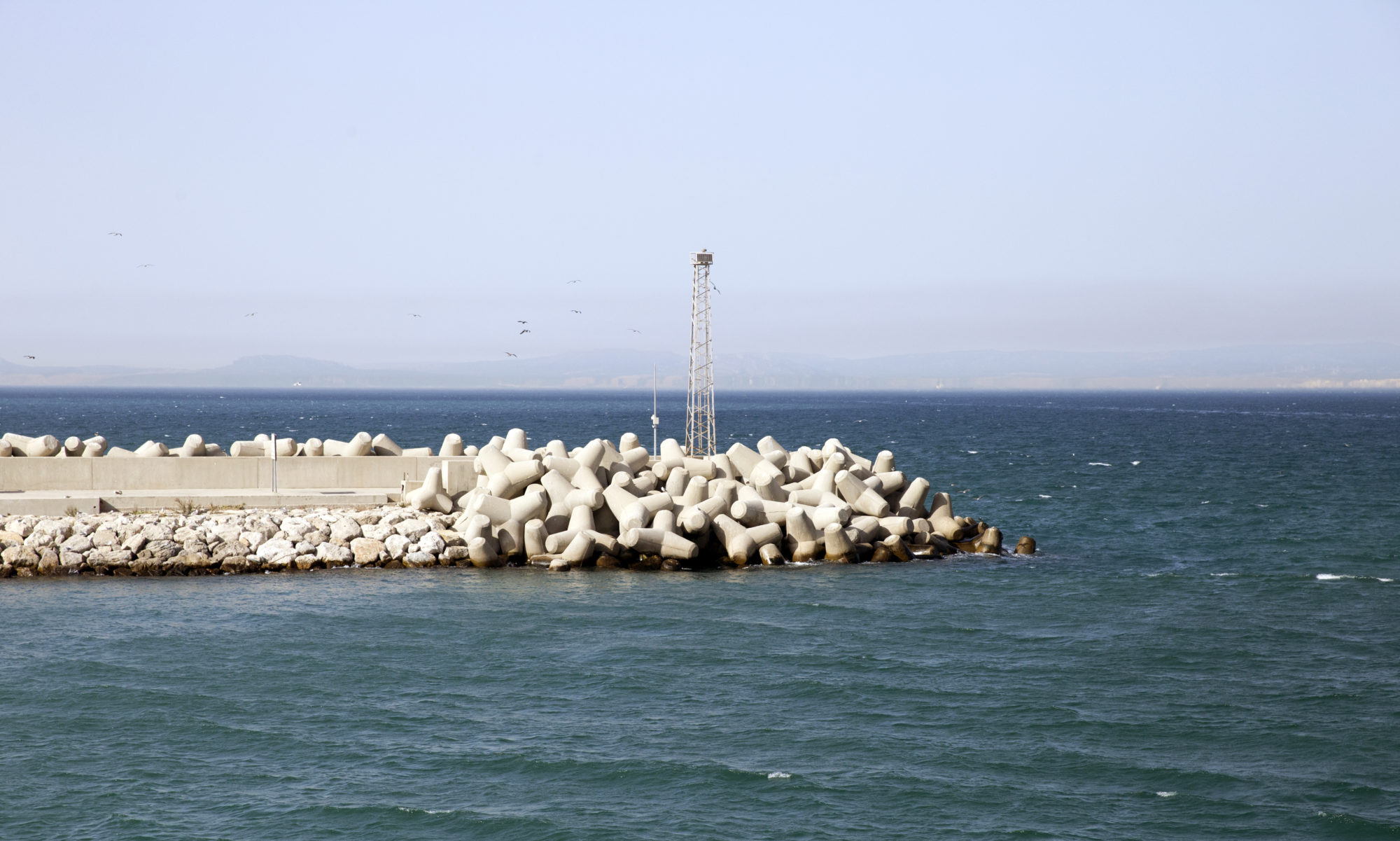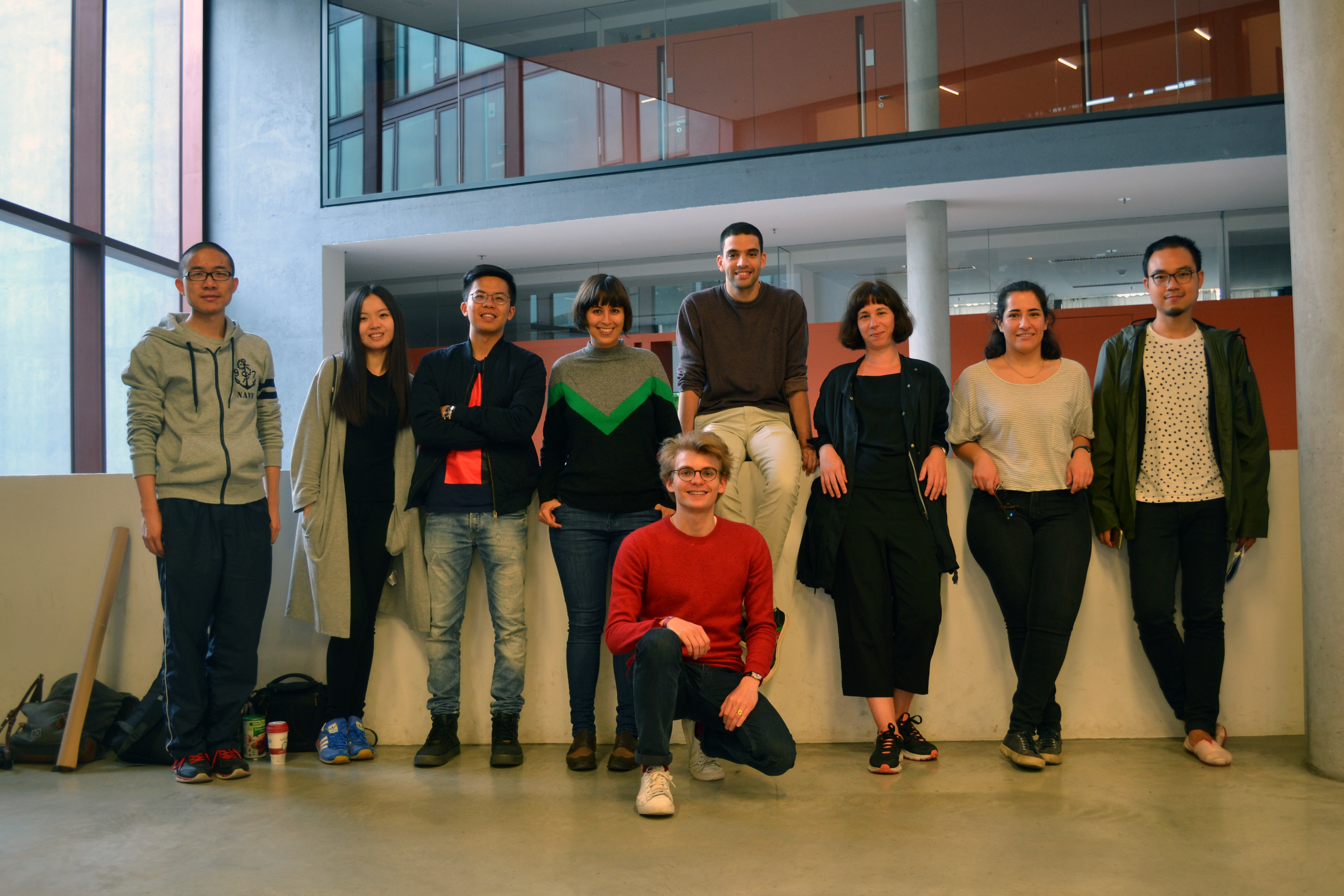Seminar and Exhibition
Bauhaus University Weimar, Faculty of Architecture – Department of Social Urban Research
‘My house is your house’ is an expression hosts use in many cultures to denote a welcoming gesture to someone visiting or staying temporarily in their house. In relation to the increased and massive movement of people fleeing war and poor economic conditions, among other mostly from the Middle East towards (Western) Europe, the project “My House Is Your House” aims to research about, expand upon and contribute to the German Welcoming Culture, thereby focusing on the former eastern German city, Weimar.
More precisely, the research project takes a closer look at the relation that newcomers have with the city, in terms of social encounters and interactions as well as subjective perceptions, experiences and feelings of urban space. Involving work in tandems with newcomers from ‘Café International’, culturally mixed group of students explores the newcomers’ perspective of the city and the life in Weimar by considering social and spatial relations, cultural and religious differences and issues related to identity and representation.
Processing and translating the research findings into video, photographic, cartographic and graphic works of art, the objective is to bridge gaps and initiate contact between the local population and the newcomers, and through this aesthetic experience to also challenge the common perception and relation that people have of and towards newcomers. The exhibition includes three thematic sections: Relational Spaces; Place, Identities and Representations and Inclusive Places.
Relational Spaces involves guided walks through the city, undertaken by both students and newcomers, while at the same time mapping and photographing the subjective perceptions of the paths and the places visited. Whereas some projects focus more on the present time and space and the immediate walking experience (Dilan Erkisi and Nicole Marra Nunes), others (Paul Gaucherand de Rochas and Helena Louisa Pooch) focus on overlaying past memories and present experiences and merging them into heterotopical spaces.
Place, Identity and Representation is concerned with issues related to identification, considering both the perspective of newcomers and locals, female identity, place identities and representations. Ideas about the fine differences between the categories “refugees” and “locals” (Mahgol Motallebi), self-perception and representation of female migrants (Hala Ghatasheh), isolated and common spaces of coexistence and welcoming culture (Taher Abdel-Hamid) as well as visions about the future when living in a foreign country (Racibe Çetinkaya) were revised and reframed.
Inclusive Places is related to researching about and better understanding of the newcomer’s cultural, religious and daily life in order to find ways of diminishing differences between the newcomers and the local population and thus contribute to better integration. Helping newcomers and meeting their needs in Weimar (Kan Feng), promoting and facilitating shared living with newcomers (Shuyan Chen), documenting and passing on detailed information about cultural and religious practices of newcomers (Hu Hongyuan and Zhu Jiacong) are topics which the projects in this section deal with.
Ivana Sidzimovska
http://cargocollective.com/myhouseisyourhousebauhaus
https://www.uni-weimar.de/fileadmin/user/fak/architektur/professuren_institute/Stadtforschung/Dokumente/INCLUSIVE_EXCLUSIVE_CITIES.pdf
